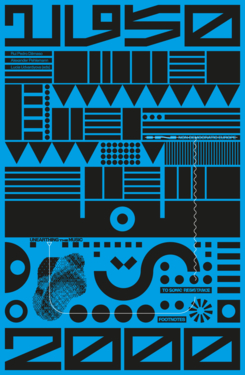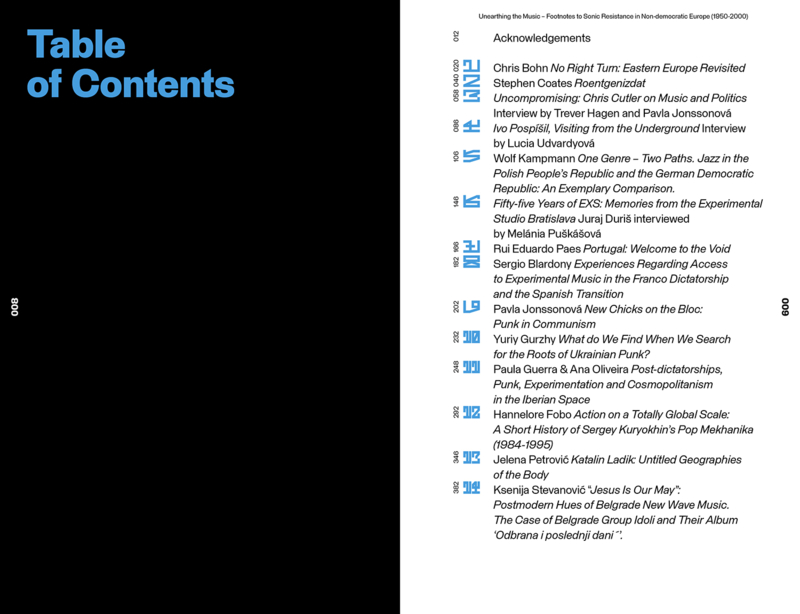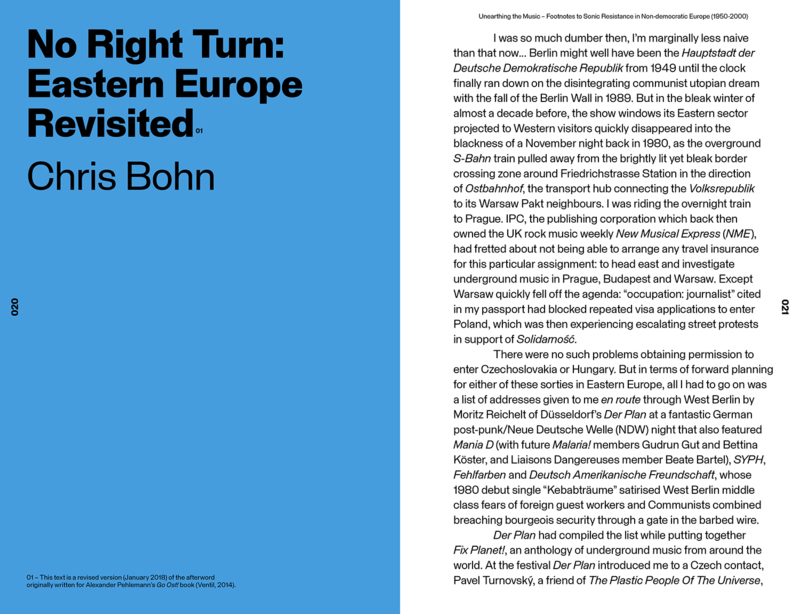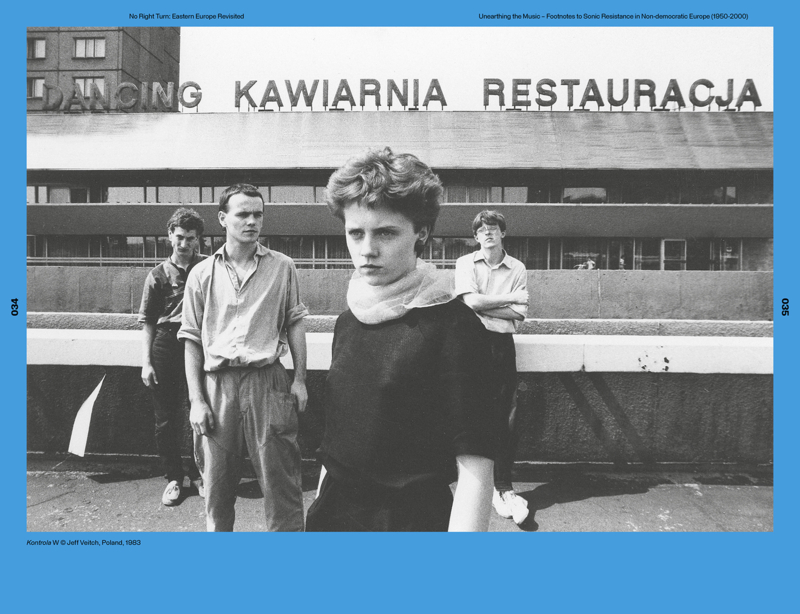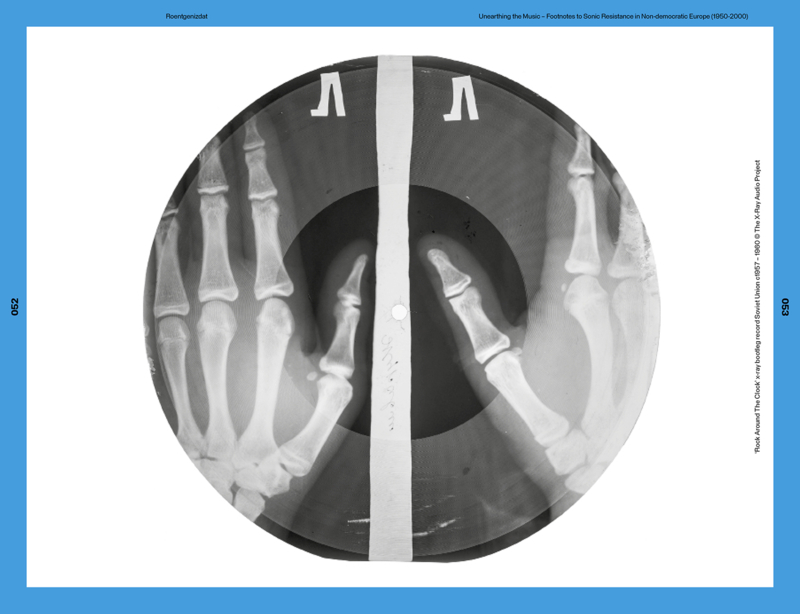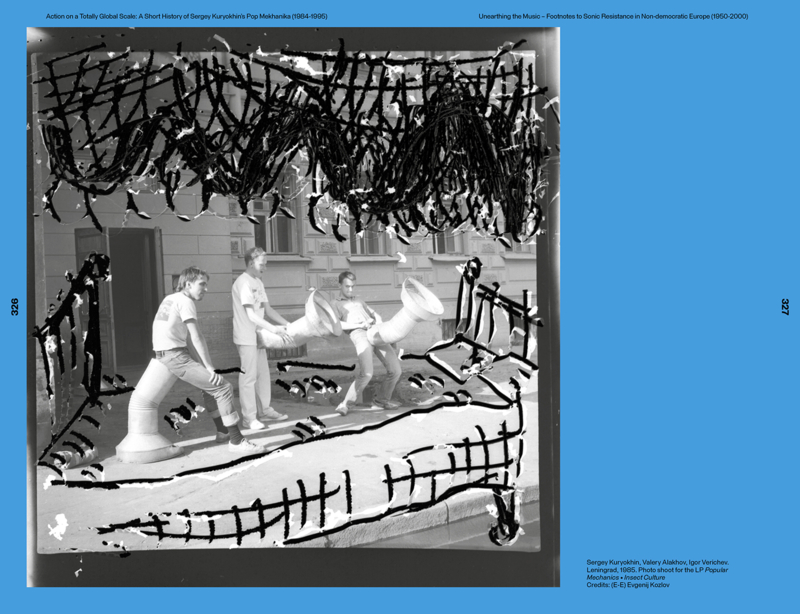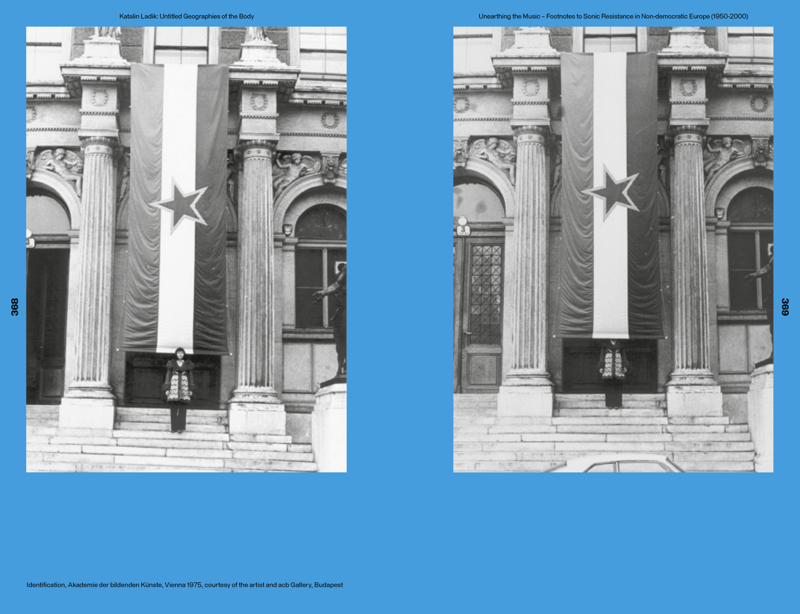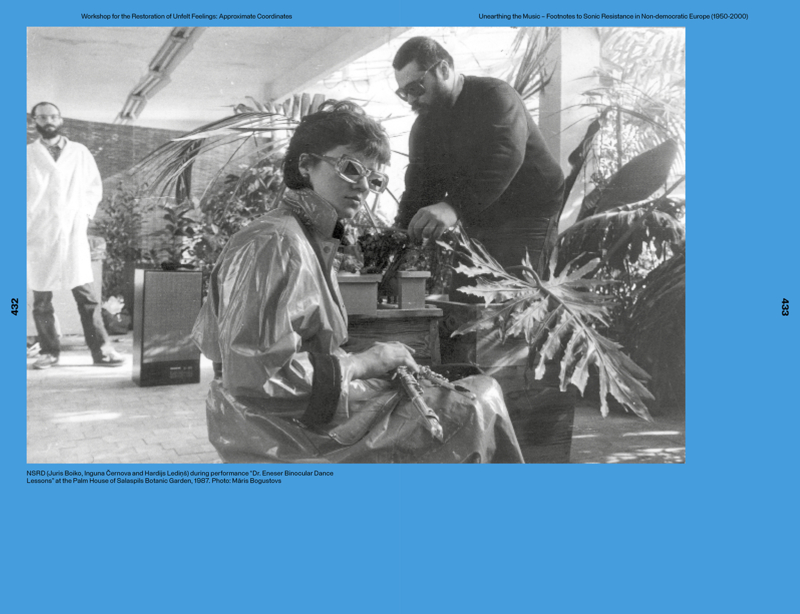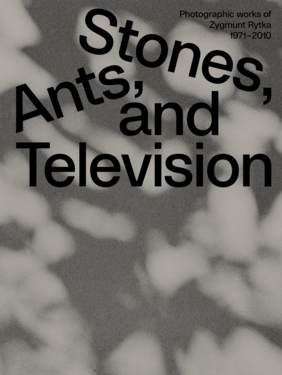Unearthing the Music. Footnotes on Sonic Resistance in Non-democratic Europe 1950–2000 is the final piece of an international project initiated in Portugal, which has established an online archive for experimental underground and protest sounds. This archive encompasses both the "real socialism" of Eastern Europe and the often-overlooked regimes of Spain, Portugal, and the Greek military dictatorship.
The book presents key aspects of this spectrum: the relationship with the state, the desire for escape, the power of counter-communities, but also the disappointments that followed liberation. It covers topics such as jazz in Poland and the GDR, conceptual post-punk in Yugoslavia, state-run electronic music studios, Roentgenizdat and Magnetizdat productions, women in subcultures, Romanian avant-garde, Iberian punk, and the Ukrainian underground. A journey of discovery, enriched with numerous photos for deeper exploration.
Rui Pedro Dâmaso is a music and sound curator based in Barreiro, Portugal. He is the author and director of the Unearthing the Music project and co-founder and head of the group OUT.RA, which organizes music and film festivals as well as archival projects.
Alexander Pehlemann, a self-proclaimed "provincial punk," is an art historian, curator, compiler, sub-label operator, author, DJ, dub mixer, and editor. He collaborates with Kulturny Dom Lipsk / Salon Similde and promotes New Sorbian Art.
Lucia Udvardyova is a music journalist, curator, organizer, and musician. She co-founded Easterndaze, a project dedicated to emerging underground scenes in Central and Eastern Europe, as well as the tape label Baba Vanga. She works for the pan-European audiovisual platform SHAPE and serves as a film curator at WOMEX.
Contributions by: Chris Bohn, Daniel Muzyczuk, Ivo Pospisil, Jelena Petrovic, Juraj Duris, Ksenija Stevanovic, Mara Traumane, Paula Guerra & Ana Oliveira, Pavla Jonssonova, Rui Eduardo Paes, Sergio Blardony, Stephen Coates, Zoran Pantelic, Wolf Kampmann, Hannelore Fobo, Octav Avramescu, Chris Cutler, Alexander Pehlemann, Trever Hagen, Yuriy Gurzhy, José Mendes.
